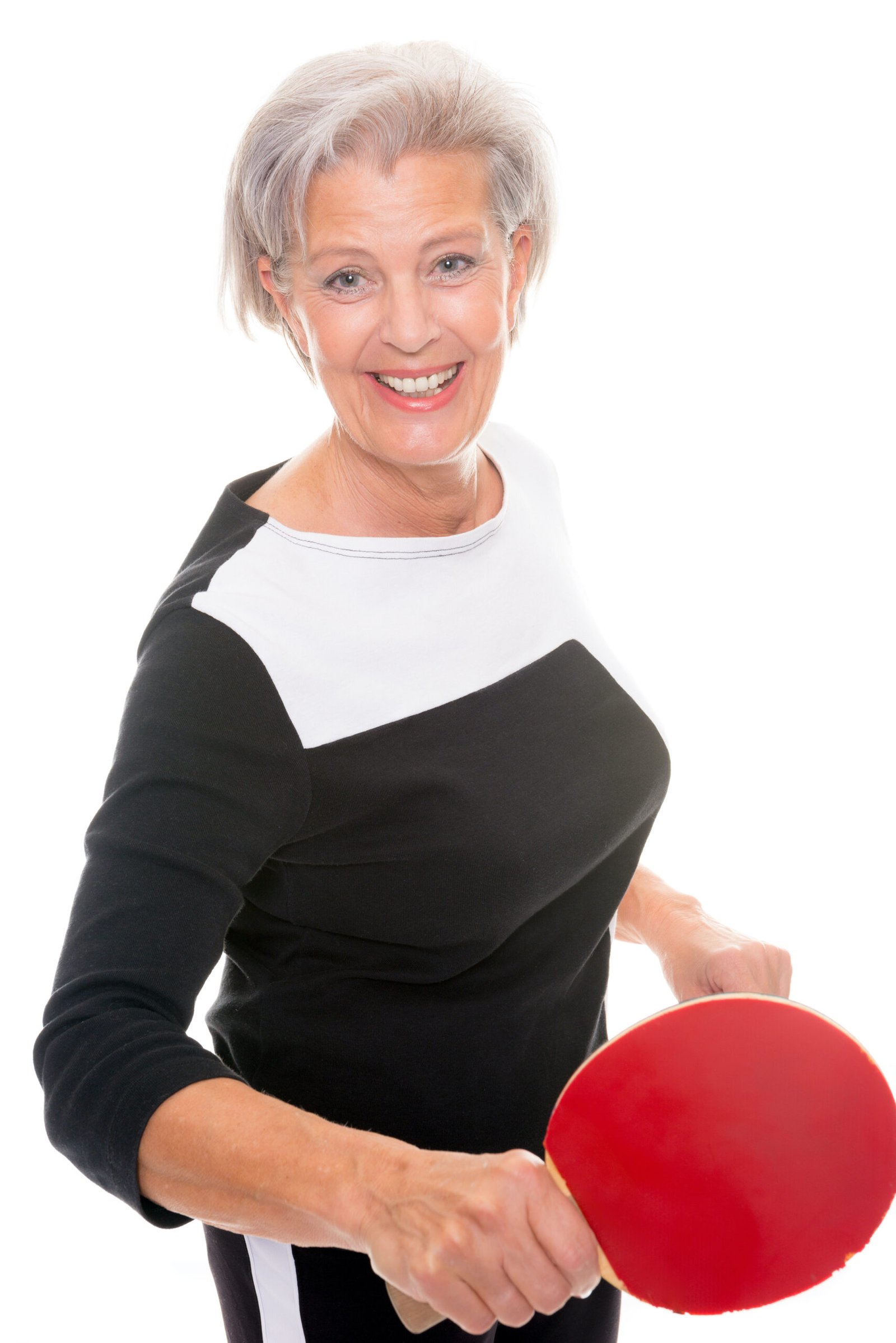Sport is playing a key role in reducing and delaying a wide range of debilitating symptoms associated with Parkinson’s Disease, according to new global research, and a Glasgow club is providing the proof.
In a study published in the American Academy of Neurology, scientists at Kyoto University in Japan examined exercise levels of people in the early stages of the progressive neurological condition and found that those maintaining one to two hours of moderate exercise twice a week had less trouble balancing, walking and doing everyday activities. The study followed 237 people with an average age of 63 for up to six years and concluded that participants who exercised regularly over five years did better on cognitive tests and experienced slower progression of the disease than those who exercised less.
Doctor Kazuto Tsukita, author of the study, said: “Our results are exciting because they suggest it may never be too late for someone with Parkinson’s to start an exercise programme to improve the course of their diagnosis. That’s because we found that, in order to slow progression of the disease, it was more important for people with Parkinson’s to maintain an exercise programme than it was to be active at the beginning of the disease.”
The study adds to similar findings from the Parkinson’s Outcomes Project, the largest clinical study of Parkinson’s, which found patients who engaged in at least two and a half hours of exercise a week had a better quality of life than those who didn’t exercise at all or started exercising later.
Researchers in the Netherlands highlighted that vigorous exercise might improve the symptoms of Parkinson’s by creating connections between areas of the brain affected by the condition, with aerobic exercise, but not stretching, leading to increased functional connectivity and cognitive control.
Sunday Post journalist Alice Hinds turned the spotlight on how sport is helping people in Scotland with the disease. Parkinson’s UK recently launched a three-year project to develop a network for people around the country, encouraging people with the condition to become and stay active and this enabled projects including table tennis, dance, high-intensity gym sessions, boccia and strength and conditioning classes.
Amanda Mckay of Parkinson’s UK Scotland stated: “Being physically active, and doing as much of it as possible, can help with symptoms such as tremors, problems with gait, balance and strength, as well as sleep, concentration and mood.
“Activities like table tennis, dancing and boxing for Parkinson’s have a great combination of physical and mental demands. They can help co-ordination and balance, as well as giving the brain a good workout, and they are a great way of socialising at the same time.”
A study from Fukuoka University in Japan showed table tennis to be particularly effective for people with the condition. Researchers had 12 people with Parkinson’s with an average age of 73 play weekly table tennis for six months and after this they all showed improvement in speech, handwriting, walking and hand tremors.
Table Tennis Scotland have been at the forefront of work to use community sport as a tool to tackle a range of health issues with Drumchapel Table Tennis Club in Glasgow a key focus. The club launched by Terry McLernon in 1989 has gone from one table to 160 tables and 500 regular players, with weekly sessions for people with Parkinson’s.
Brian Carson (59) was diagnosed with Parkinson’s in 2017, after 40 years working with BAE Systems. He took up table tennis at Drumchapel and even represented Scotland and GB in Parkinson’s Table Tennis World Championships, in Berlin last September, partnering a German Parkinson’s patient of 19 years to a bronze medal. He told the Sunday Post: “When I went up on the podium to collect my medal, it felt like being at the Olympics. One of my friends now jokingly calls me ‘national and international medallist’.
“But it’s good for cardio, it’s good for hand-eye co-ordination and it helps mentally. You have to think about what you’re going to do next and anticipate what your opponent will do next, too.
“I had a check-up two weeks ago and they said I’m moving better than I was six months ago, which is phenomenal. Some days when I’m playing table tennis I even forget I have Parkinson’s. Mentally, that’s just a fantastic place to be.”
He explained how he first discovered the symptoms.
“It was mainly my right hand. I felt as if I didn’t have fine control the same as my left. When I was shaving, trying to do one side of my face, my hand felt numb as if I couldn’t hold the razor properly. That’s what triggered me to go to the doctors.
“I had no sense of smell for years before my diagnosis and it turns out that’s one of the first indicators. I also couldn’t sleep at night – I had restless legs. All Parkinson’s indicators. Unless you know, you just wouldn’t put them all together.”
“Exercise is medicine,” added Carson, who initially started playing after losing his wife, Christine, to terminal illness last year. I am realistic enough to know there is currently no cure, but if exercise can slow down the progression, I’m all in.
“Some people can take their diagnosis really badly, going into their shell. There’s lots of good programmes to help people who are newly diagnosed, but they have to be ready for it.
“In the back of my head, there’s something that says in the future I might end up in a home or in a wheelchair. So, if there’s things I can do to delay that as long as possible, allowing me to do the things I want to do, then I’ll keep doing them.”





Thought Piece from Charlie Raeburn for Reform Scotland